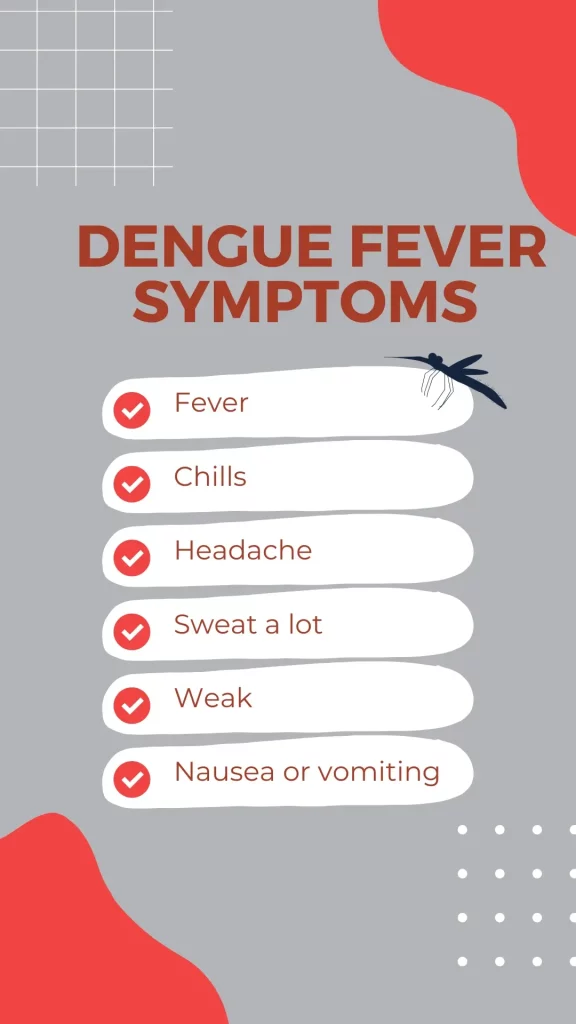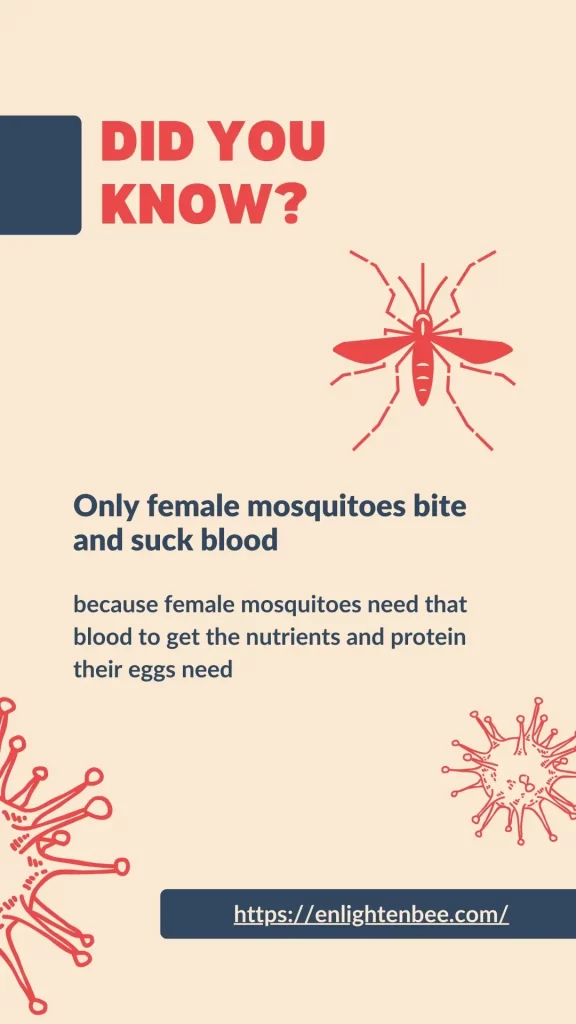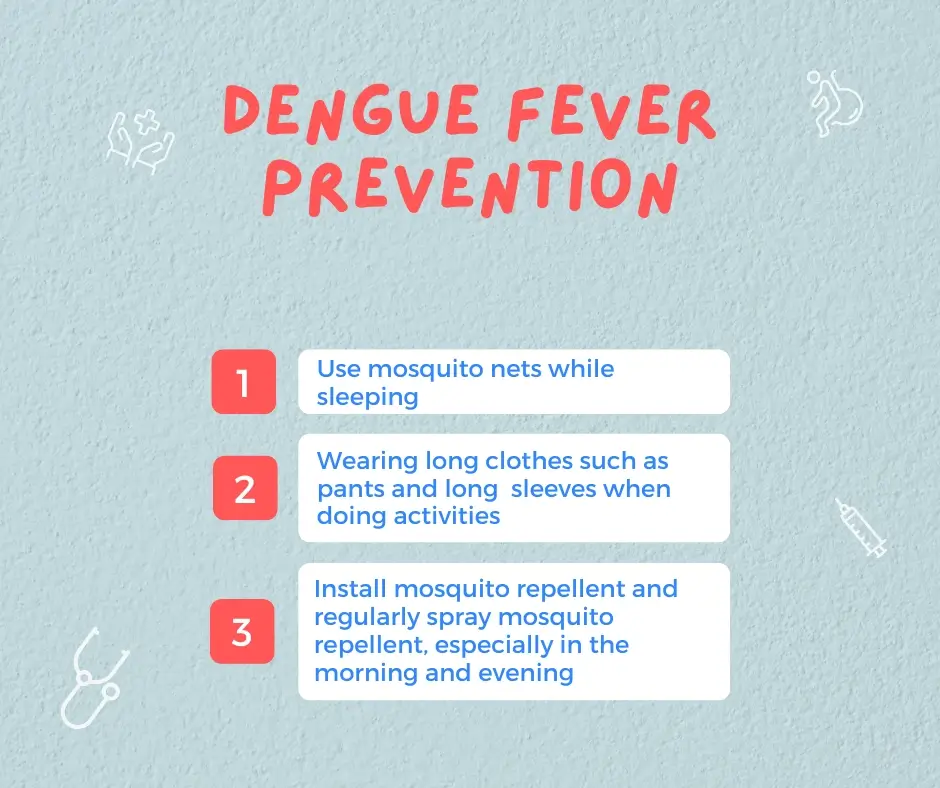1. Dengue Fever Paragraph
Dengue fever is a serious health concern in Bangladesh. It is a disease spread by mosquitoes, and it can make people very sick. The mosquitoes that carry dengue bite during the day and like to live near homes and in places with water. The symptoms of dengue include high fever, headache, pain in the muscles and joints, and sometimes a rash. Someone with these symptoms should go to the doctor for help. In Bangladesh, dengue cases often increase during the monsoon season when there is more rain and more places for mosquitoes to breed. To prevent dengue, people should get rid of standing water around their homes, use mosquito nets while sleeping, and wear protective clothing. Schools and communities also organize awareness programs to teach people how to protect themselves from dengue. It’s essential for everyone to work together to prevent dengue and keep themselves and their families safe.
Difficult Words Dengue Fever Paragraph:
- Concern (চিন্তা): A feeling of worry about something.
- Mosquitoes (মশা): Small flying insects that can bite and spread diseases.
- Symptoms (লক্ষণ): Signs that show a person is sick.
- Muscles (পেশী): The parts of your body that help you move.
- Joints (যৌথ): The places where two bones meet in your body.
- Rash (দাঁতান): Red spots on the skin.
- Monsoon (বর্ষাকাল): The rainy season in some countries.
- Breeding (বৃদ্ধি): When animals produce babies.
- Prevent (প্রতিরোধ করা): To stop something from happening.
- Protective (রক্ষাকারী): Designed to keep someone or something safe.
2. Dengue Fever Paragraph
Dengue fever remains a significant health challenge in Bangladesh, posing a threat to the well-being of its population. This mosquito-borne illness, caused by the dengue virus and transmitted through the bite of infected Aedes mosquitoes, has become a recurring concern, particularly during the monsoon season when water accumulates in various places, providing breeding grounds for these mosquitoes. The symptoms of dengue can vary from mild to severe, encompassing high fever, severe headache, joint and muscle pain, fatigue, and in more severe cases, bleeding tendencies.

In recent years, the country has experienced periodic outbreaks of dengue, causing a surge in hospitalizations and putting pressure on the healthcare system. Preventing dengue requires a multi-faceted approach. Public awareness campaigns are launched to educate citizens about the importance of eliminating mosquito breeding sites. Communities are encouraged to clean their surroundings, dispose of stagnant water, and use mosquito nets and repellents. Health authorities conduct vector control programs to reduce mosquito populations and provide medical care to those affected.
The impact of dengue goes beyond the physical toll on individuals. It also exerts economic strain due to increased healthcare costs and lost productivity. Efforts to combat dengue involve collaboration among various sectors, including health, environment, and urban planning. While advancements in medical research have led to improved diagnosis and treatment, the key lies in proactive prevention.
As Bangladesh continues to grapple with dengue, the collective efforts of the government, healthcare professionals, and citizens are crucial. By fostering a culture of awareness, cleanliness, and cooperation, the country can strive towards reducing the incidence of dengue and securing a healthier future for its people.
Difficult Words Dengue Fever Paragraph:
- Significant (গুরুত্বপূর্ণ): Important and meaningful.
- Population (জনসংখ্যা): All the people who live in a particular area.
- Recurring (আবৃত্তিরত): Happening again and again.
- Monsoon (বর্ষাকাল): The rainy season in some countries.
- Symptoms (লক্ষণ): Signs that show a person is sick.
- Severe (তীব্র): Very serious or extreme.
- Bleeding tendencies (রক্তপাতের প্রবৃত্তি): A tendency to bleed easily.
- Outbreaks (ব্যাধির আবৃত্তি): Sudden occurrences of a disease in a particular area.
- Preventive (প্রতিরোধক): Actions taken to stop something from happening.
- Proactive (প্রস্তাবনামূলক): Taking action before a situation becomes a problem.
- Collaboration (সহযোগিতা): Working together to achieve a goal.
- Fostering (উন্নত করা): Encouraging and promoting.
3. Dengue Fever Paragraph
Dengue fever, a prevalent health concern in Bangladesh, poses substantial risks to the country’s population. Caused by the dengue virus and transmitted through the bites of infected Aedes mosquitoes, this ailment has evolved into a recurring menace, particularly exacerbated during the monsoon season when stagnant water sources offer ideal breeding sites for these vectors. Dengue symptoms encompass a wide spectrum, ranging from mild flu-like conditions to severe manifestations marked by high fever, excruciating headaches, muscular and joint pain, fatigue, and in severe instances, a propensity for bleeding.
Recent years have witnessed periodic outbreaks of dengue, placing immense strain on the healthcare infrastructure and engendering significant public alarm. Tackling dengue necessitates a multifaceted approach. Heightened public awareness campaigns target educating citizens about the imperative of eradicating mosquito breeding grounds. Communities are encouraged to maintain hygienic living environments, eliminate standing water, and deploy preventive measures such as mosquito nets and repellents. Concurrently, public health authorities orchestrate comprehensive vector control strategies to curtail mosquito populations and offer prompt medical intervention to affected individuals.

The repercussions of dengue transcend individual health ramifications, extending to economic burdens encompassing heightened medical expenditures and productivity losses. Combating dengue hinges upon cohesive cross-sectoral collaboration, involving the spheres of healthcare, environmental management, and urban planning. Notwithstanding advancements in medical research that have culminated in improved diagnostics and treatment, the crux lies in proactive preventive measures.
Bangladesh’s battle against dengue necessitates a united front, demanding concerted efforts from governmental bodies, medical professionals, and the general populace. By fostering a culture of vigilance, hygiene, and shared responsibility, the nation can strive toward mitigating dengue prevalence, thereby fostering a healthier and safer future for its inhabitants.
Difficult Words Dengue Fever Paragraph:
- Prevalent (প্রচলিত): Widespread and commonly found.
- Population (জনসংখ্যা): All the people who live in a particular area.
- Recurring (আবৃত্তিরত): Happening repeatedly.
- Menace (আপত্তি): A threat or danger.
- Manifestations (প্রকাশ): Signs or symptoms that show a condition.
- Excruciating (অত্যন্ত ব্যথাদায়ক): Extremely painful.
- Propensity (প্রবৃত্তি): A natural inclination or tendency.
- Periodic outbreaks (আবৃত্তি): Repeated occurrences of a disease in a particular area.
- Strain (চাপ): Pressure or burden.
- Hygienic (স্বাস্থ্যসম্মত): Clean and sanitary.
- Intervention (অবমূলন): Getting involved to prevent or solve a problem.
- Repercussions (প্রতিফলন): Consequences or effects of an action.
- Cohesive (একত্রগত): Sticking together and working well as a whole.
- Cross-sectoral (পারব্যাপারিক): Involving different parts or areas.
- Vigilance (সতর্কতা): Watchfulness and alertness.
4. Dengue Fever Paragraph
Dengue fever casts a formidable shadow over Bangladesh, perpetuating a grave public health challenge that demands unwavering attention. The dengue virus, transmitted through the bites of Aedes mosquitoes, poses a significant threat to the country’s population, with its peak prevalence during the monsoon season when rainfall creates breeding grounds for these vectors. Dengue symptoms encompass a spectrum, ranging from mild flu-like conditions to severe forms marked by high fever, debilitating headaches, joint and muscle pain, and in severe cases, bleeding tendencies.
Bangladesh has grappled with recurrent dengue outbreaks, placing immense pressure on healthcare facilities and prompting intensified public awareness efforts. Combatting this ailment necessitates multifaceted strategies. Mass awareness campaigns strive to educate communities about the paramount importance of eradicating mosquito breeding sites, encouraging personal hygiene, and employing preventive measures such as mosquito nets and repellents. Additionally, coordinated vector control programs, including mosquito population reduction initiatives and prompt medical intervention, play a pivotal role in managing the disease’s impact.
The ramifications of dengue reverberate beyond immediate health concerns, extending into economic burdens characterized by escalated medical expenditures and reduced workforce productivity. Effectively addressing this challenge requires comprehensive collaboration across sectors, engaging not only health authorities but also urban planners and environmental experts. While advancements in medical research have yielded improved diagnostic methods and treatment options, the crux lies in proactive prevention.

In the context of Bangladesh, dengue’s complex dynamics encompass socio-economic factors and climate patterns. Urbanization, population density, and inadequate sanitation contribute to the prevalence of breeding sites, necessitating concerted urban planning efforts. Furthermore, the country’s vulnerability to climate change enhances dengue’s threat, with rising temperatures and unpredictable rainfall patterns favoring mosquito proliferation.
In the face of these challenges, Bangladesh has taken significant strides. Government initiatives, healthcare partnerships, and community engagement have collectively contributed to heightened awareness and enhanced vector control measures. However, sustaining these efforts requires continuous vigilance and collaboration on a national scale.
The impact of dengue stretches beyond individuals, influencing families, communities, and the nation’s overall progress. Managing dengue is not just a medical endeavor; it is a collaborative pursuit that necessitates the active involvement of citizens, public health agencies, non-governmental organizations, and policymakers. By fostering a culture of prevention, cleanliness, and awareness, Bangladesh can effectively mitigate the impact of dengue, ensuring a healthier future for its citizens.
Difficult Words Dengue Fever Paragraph:
- Formidable (দুর্বল না): Inspiring fear or respect due to its size, power, or intensity.
- Prevalence (প্রচলন): The fact of being widespread or common.
- Vector (বেক্টর): An organism that spreads diseases from one host to another.
- Spectrum (বহুভিন্নতা): A wide range of different things.
- Debilitating (ক্ষয়কারী): Making someone or something weaker.
- Paramount (সর্বোত্তম): More important than anything else.
- Eradicating (উদ্বারণ): Getting rid of something completely.
- Pivotal (মৌলিক): Of crucial importance.
- Ramifications (প্রতিফলন): The consequences of an action or decision.
- Reverberate (প্রতিশ্রব্য হত্তয়া): Have continuing and serious effects.
- Urbanization (শহরীকরণ): The process of making an area more urban or city-like.
- Proactive (প্রস্তাবনামূলক): Taking action to make something happen rather than waiting for it to happen.
- Vulnerability (দুর্বলতা): The quality or state of being easily hurt, influenced, or attacked.
- Proliferation (প্রচুর বৃদ্ধি): Rapid increase or spread of something.
Most important paragraphs
| # | Paragraph Name | Link |
| 1 | Adolescence Paragraph | Click Here |
| 2 | Deforestation Paragraph | Click Here |
| 3 | Environment Pollution Paragraph | Click Here |
| 4 | Global Warming Paragraph | Click Here |
| 5 | Load Shedding Paragraph | Click Here |
| 6 | Metro Rail Paragraph | Click Here |
| 7 | Moonlit Night Paragraph | Click Here |
| 8 | Online Class and Traditional Class Paragraph | Click Here |
| 9 | Price Hike paragraph | Click Here |
| 10 | Road Accident paragraph | Click Here |









